In the ever-evolving landscape of the gaming industry, the emergence of web3 technology has cast a new light on the way we play, create, and invest in games. With a staggering 72.5% of the top video game companies by market cap making forays into web3, it's evident that the future of gaming is increasingly intertwined with blockchain technology. In this article, we dive into recent data published by CoinGecko and highlight several notable web2 gaming industry giants who have started building in web3.
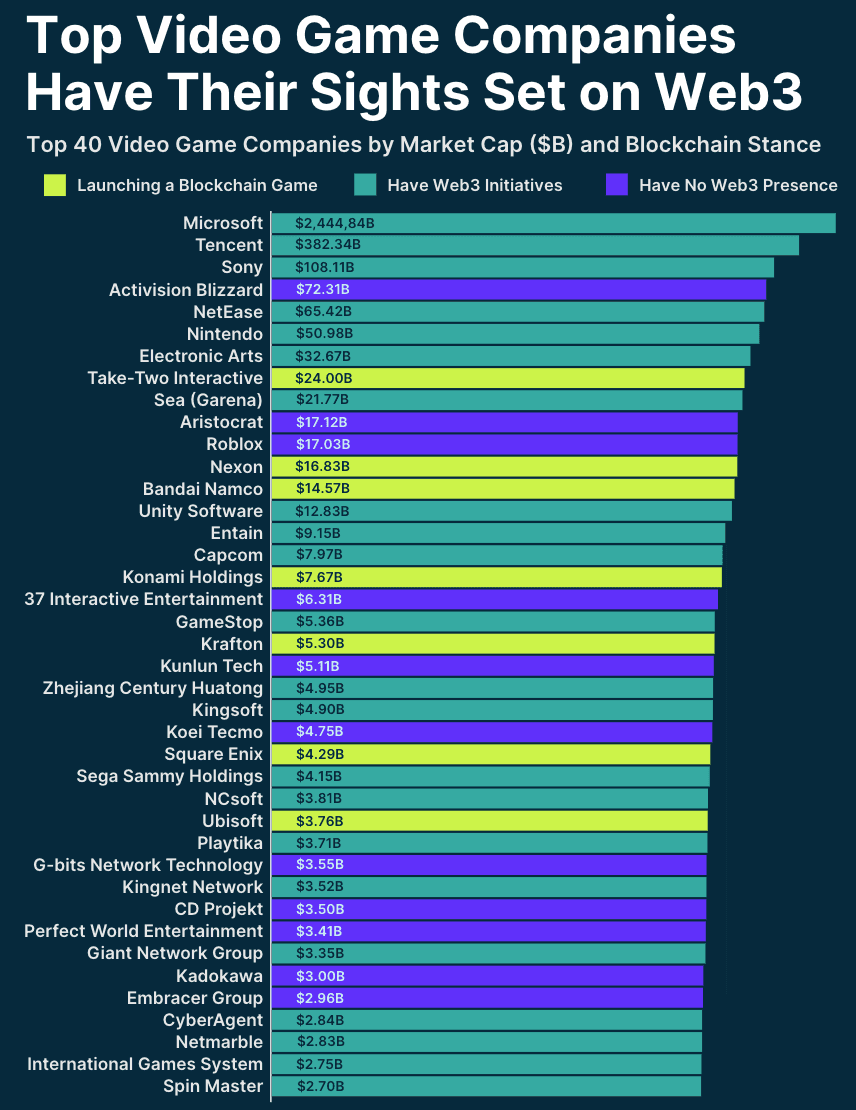
Web3 Gaming Pioneers
According to CoinGecko, 29 out of 40 of the top video game companies by market cap, have ventured into web3 to varying extents. This includes "directly investing in web3 gaming projects, blockchain game development, or hiring for blockchain-related positions". Yet, only 7 (24.1%) of the 29 are actually developing web3 games: Take-Two Interactive, Nexon, Bandai Namco, Konami Holdings, Krafton, Square Enix, and Ubisoft.

Take-Two Interactive & Zynga: Sugartown (Ethereum)
Zynga, the renowned mobile game developer owned by Take-Two Interactive, recently announced Sugartown. The game is being developed on the Ethereum network offering players a unique and engaging environment where they can earn in-game rewards. The story unfolds around three farm animals. Players in Sugartown utilize ERC-721 Ora tokens as a ticket to the city. Through staking Oras, they can garner energy, used for playing games and earning Sugar, an in-game currency to unlock exclusive rewards.

Nexon: Maplestory Universe (Polygon)
Nexon's MapleStory has set its sights on web3 gaming with its latest move promising to redefine the MMORPG experience. The game aims to combine its core Reward Experience (RX) with blockchain technology to create RX 2.0.
MapleStory's ambitious plans extend to the creation of an NFT-based ecosystem, where players can earn limited quantity NFTs through gameplay. These NFTs can be traded peer-to-peer, offering a more controlled approach to inflation compared to unlimited issuance systems.
Lastly, MapleStory N (the PC MMORPG counterpart) will extend the MapleStory Universe NFTs to mobile platforms. The game will also introduce MapleStory N World, a sandbox platform for creators to develop new games, and MapleStory N SDK, enabling diverse applications. This innovative approach opens the door to endless scalability and expansion possibilities, promising an exciting future for this franchise in the world of web3 gaming.

Bandai Namco: RYUZO (Oasys)
Bandai Namco recently partnered with Oasys to create RYUZO, an AI-powered virtual pet game around a series of NFT-based digital creatures. The web3 game is being developed by Bandai Namco Research alongside Japanese startup Attructure, and published by Double Jump Tokyo. RYUZO features a unique series of NFT digital creatures known as RYU. An initial airdrop of 10,000 digital NFT eggs, named MARYU, was given to Oasys NFT holders. These eggs are set to transform into soulbond NFTs upon hatching, giving holders a chance to obtain ownership stakes in the project, depending on their community contributions.
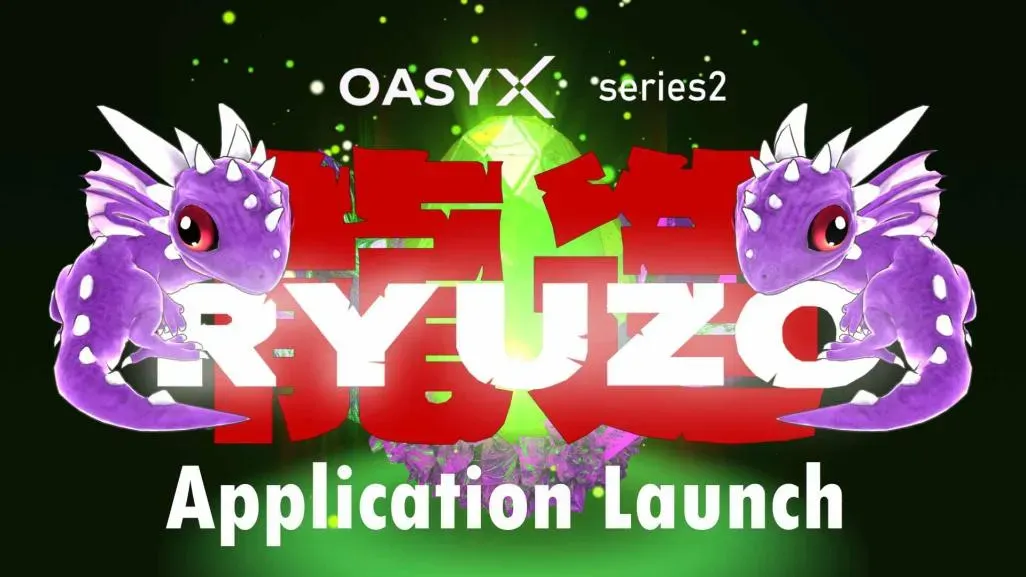
Konami: Project Zircon (TBD)
Konami, a company with a rich history in the gaming industry, known for popular titles such as Yu-Gi-Oh! and Castlevania, recently made headlines with the announcement of its new web3 game, Project Zircon. Konami’s official statement highlighted their aspiration to offer “a new co-creation experience by utilizing blockchain technology.”
Project Zircon is apparently based on a story set in Castlevania. Known as ‘Akumajō Dracula’ in Japan, Castlevania stands as one of Konami’s most celebrated and prosperous franchises. Notably, the name ‘Zircon’ holds significance within the Castlevania universe, representing a precious jewel. The concept is to incorporate the varied colors of the gemstone into the game world. Through community involvement, every individual’s distinct perspective will apparently contribute unique gem shades to the Project Zircon universe.
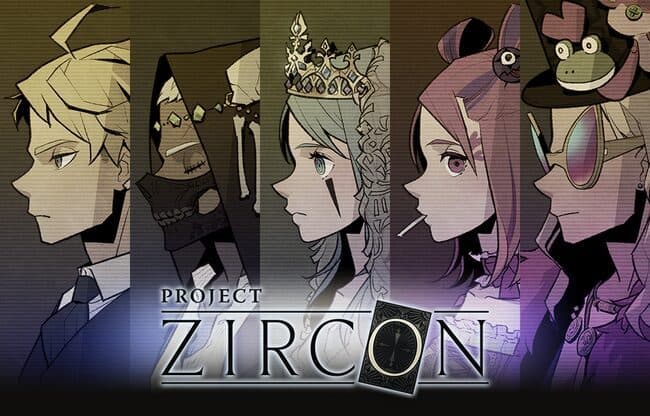
Krafton: Overdare (Settlus)
Krafton'sOverdare, formerly known as Project Migaloo, is set for a soft launch this December, followed by a full-scale release from January to July 2024. What apparently sets Overdare apart is its resemblance to Roblox, running on the powerful Unreal Engine 5 by Epic Games. The aim is to empower creators with AI tools to craft a wide array of games, from shooters to RPGs, and foster an interactive community with personalized avatars and chat features. A sneak peek reveals an expansive open-world platform where users can create games, attend virtual concerts, personalize avatars, and engage in various immersive experiences.

Square Enix: Symbiogenesis (Polygon)
In February, Square Enix revealed a partnership with Polygon to build Symbiogenesis, a web3 experience built around digital collectible art (NFTs). The art will apparently evolve with each strategic move a player makes within the game. The project is set on a mysterious floating continent where unique storylines unravel based on information obtained by holding digital collectible art that represents different characters. Players can unlock numerous engaging stories about this secretive world and its inhabitants by holding or trading digital collectible art and can earn them by completing various missions.
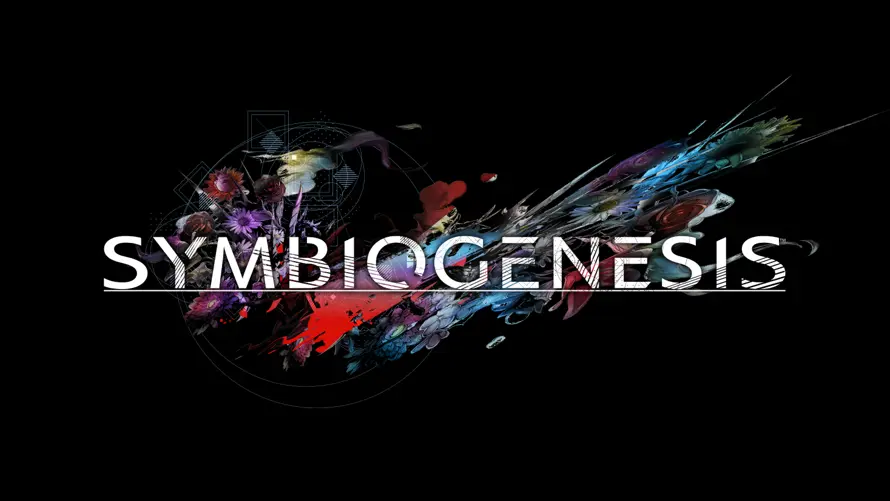
Ubisoft: Champions Tactics Grimoire Chronicles (Oasys)
Ubisoft recently revealed Champions Tactics Grimoria Chronicles. The game, currently under development with a native web3 direction, is a Player versus Player (PVP) Tactical RPG and marks Ubisoft's latest foray into the world of experimental Browser Games.
In Champions Tactics Grimoria Chronicles, players have the opportunity to assemble a team of mythical Champions. With these teams, they can dive into thrilling tactical battles against other players, simultaneously immersing themselves in the dark, mystical world of Grimoria. Although no specifics have been provided yet, Ubisoft hints at the incorporation of non-fungible tokens (NFTs) into the gameplay.
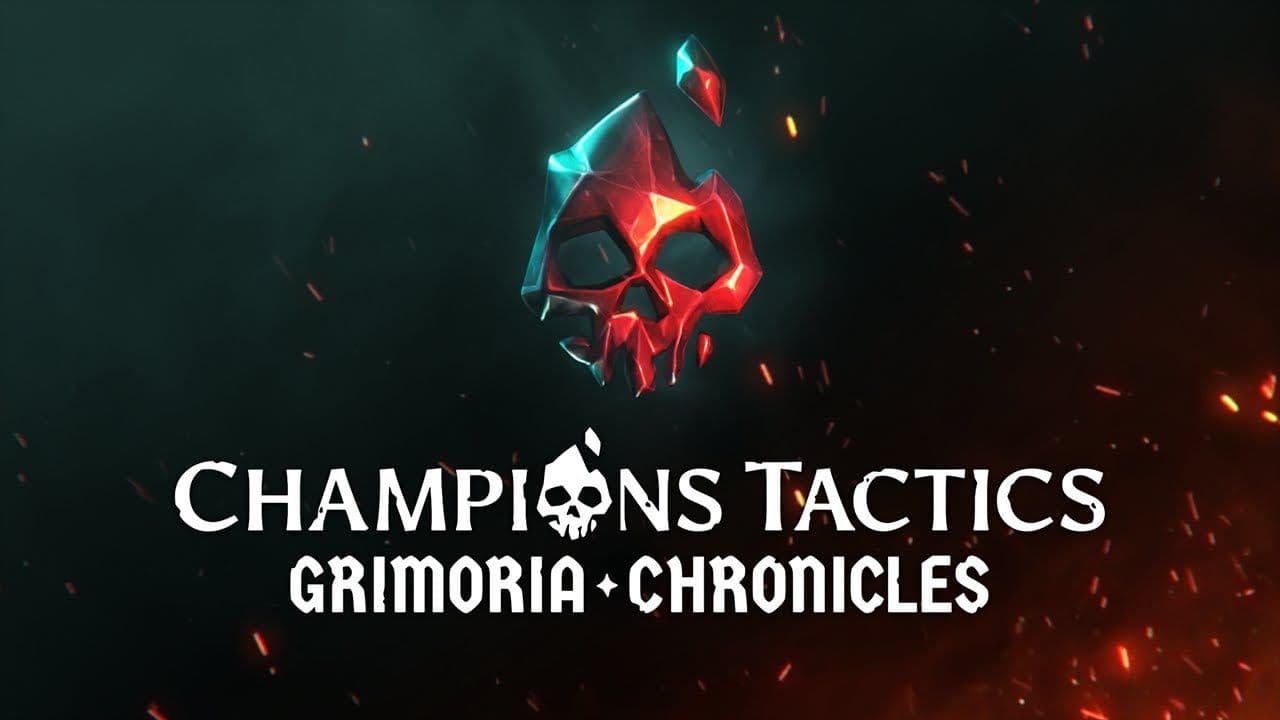
Final Thoughts
The future of web3 gaming holds great promise, but it is still in its early stages and faces several challenges. A key concern is the absence of a groundbreaking project that is yet to drive widespread adoption while simultaneously integrating web3 technology and a captivating gaming experience. The success of web3 gaming depends on providing players with tangible rewards, whether it be through unique in-game assets, NFTs, or innovative tokenomics. Furthermore, as the industry evolves, it is crucial to attract more mainstream gamers, not just web3 enthusiasts.

There is no doubt that web3 gaming has ushered in a new era of possibilities and challenges. With the top video game companies firmly onboard, the future promises to be an exciting, innovative, and transformative journey for gamers and developers alike.
